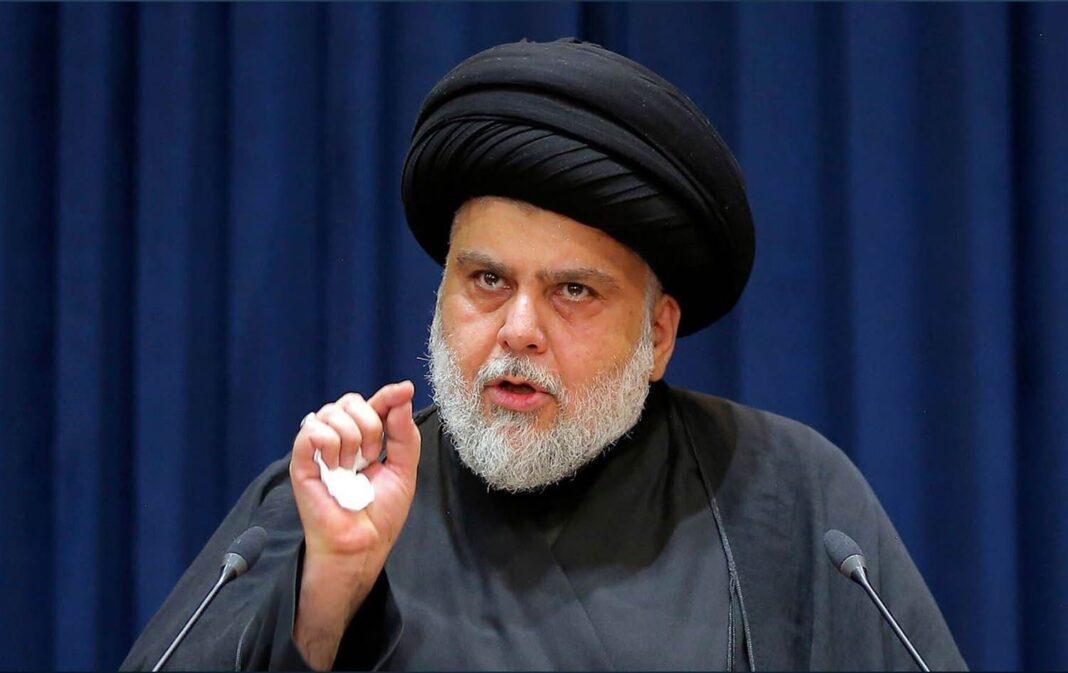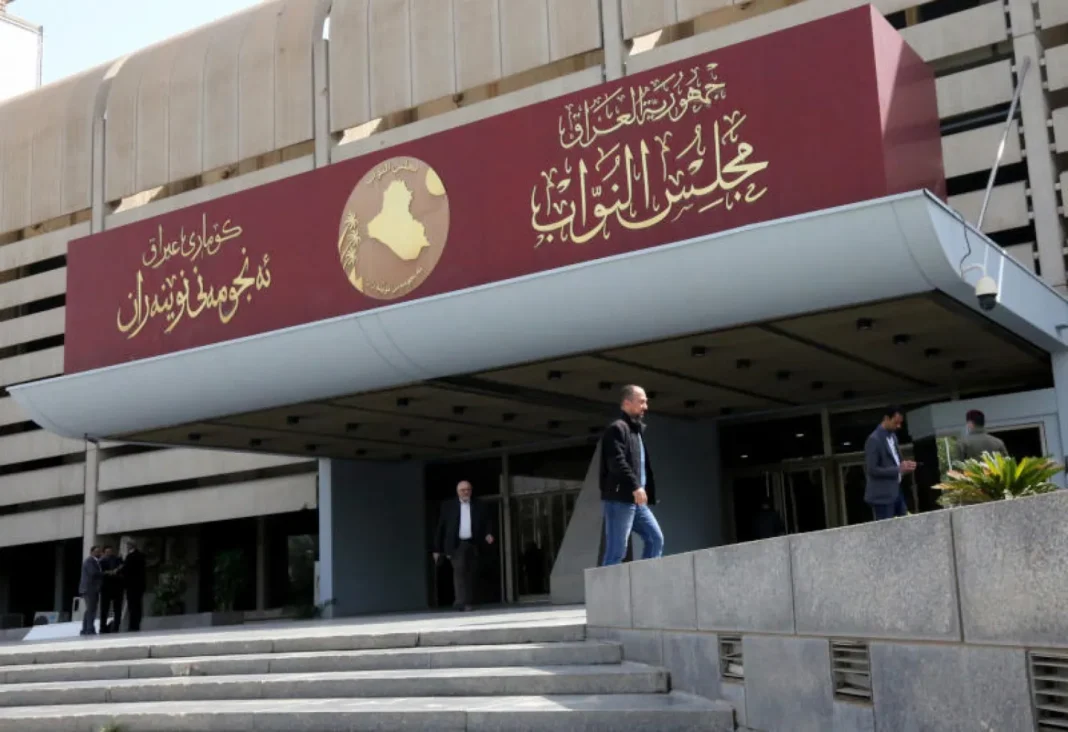Baghdad – Influential cleric Muqtada Al-Sadr expelled 31 individuals from his Shiite National Movement on Sunday. Among them, nine members belonged to the movement’s armed wing, Saraya Al-Salam. The Sadr movement expulsions came after these members defied Sadr’s order to boycott Iraq’s November 11 parliamentary elections.
According to an official document signed by Sadr and issued by Saraya Al-Salam, the dismissed individuals violated what the movement called its “clear principles.” The armed group stated these Sadr movement expulsions resulted from “clearly betraying the principles of the military institution.” Specifically, these members registered as candidates on different electoral lists despite the boycott directive.
The Saraya Al-Salam statement urged all members of the Sadrist movement to “disown them, sever ties, and refrain from any dealings with them.” This call aims to isolate those who broke ranks and challenge Sadr’s authority.
Sadr himself recently reiterated his election boycott on his personal X account. He cited both religious and political reasons behind his decision to oppose the upcoming polls. His refusal reflects deep tensions within Iraq’s political system.
In the October 2021 election, the Sadrist movement secured 73 out of 329 parliamentary seats. This made it the largest bloc in Iraq’s Parliament. Sadr pushed for a majority government that would exclude Iran-aligned factions. However, he failed to form the necessary coalition.
In protest, Sadr ordered his MPs to resign. This triggered a political deadlock lasting months. The stalemate ended only after rival Shiite groups formed a consensus government, sidelining Sadr’s influence.
However, The recent Sadr movement expulsions underscore ongoing internal conflicts. These events highlight challenges in uniting the movement ahead of Iraq’s elections. Additionally, they reveal fractures that could reshape the country’s political future.
Moving forward, how the Sadr movement expulsions affect the cohesion and influence of Sadr’s bloc will be critical. With elections approaching, unity remains crucial. However, the expulsions signal that tensions run deep. The coming weeks will show whether the movement can maintain cohesion or face further division.



